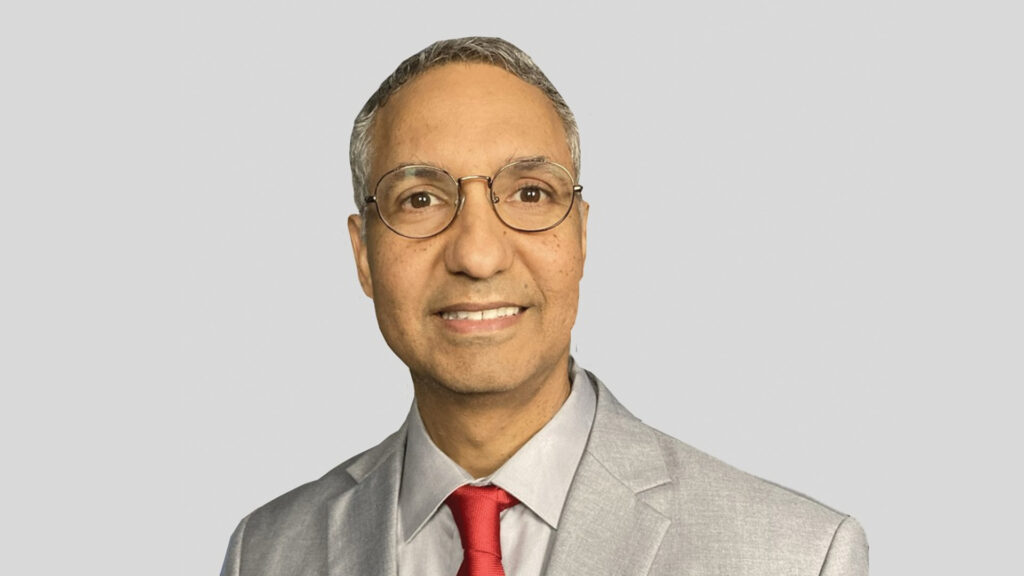Entertainment review: If you only read one book this summer, make sure it’s this one
June 6, 2020
This is part nine of a nine-part entertainment review series by The Easterner. Aaron Hutchinson, author of this article, is a reporter for The Easterner. His opinions expressed in this article do not necessarily reflect the views of The Easterner, its staff or Eastern Washington University.
Between the World and Me (2015)
by Ta-Nehisi Coates
Spiegel and Grau
152 pp.
“Son, last Sunday the host of a popular news show asked me what it meant to lose my body,”
said Ta-Nehisi Coates in the first line of his epistolary book Between the World and Me.
Coates was appearing on the news program after the police killing of Michael Brown in Ferguson, Missouri, and trying to explain to the host, to his son, to America, that in this country it is tradition—heritage—Coates calls it, to steal and destroy the bodies of black men and women.
Between the World and Me—part memoir, part American history—recounts the important times in Coates’ life, starting with his time as a youth in Baltimore during the 1980s, at a time when the crack epidemic was creating new levels of violence and desolation in black communities. He discusses the fear and despair in his community and how the streets taught him that his body could be destroyed in an instant. He does so with lyrical prose and heartbreaking detail that make the experience raw and emotional:
“The crews, the young men who’d transmuted their fear into rage, were the greatest danger. The crews walked the blocks of their neighborhood, loud and rude, because it was only through their loud rudeness that they might feel any sense of security and power. They would break your jaw, stomp your face, and shoot you down … And so in my Baltimore it was known that when Cherry Hill rolled through you rolled the other way, that North and Pulaski was not an intersection but a hurricane…”
Coates also talks about his time at Howard University, his education—both formal and self-driven—and how growing up as a black man in America has shaped his perspective and outlook on life. He explores the historic and systemic causes of American racism: the Atlantic slave trade, Jim Crow, housing policies that led to the formations of ghettos and the American ideal itself, which might strive to treat all people as equal, but is not always equal in who it treats as people.
Most poignantly, Coates tells the story of Prince Jones, a 25-year-old classmate at Howard, who was gunned down while unarmed by a deputy in the Prince George County, Maryland Sheriff’s Department on September 1, 2000. Jones was from a wealthy family, well-traveled, well-educated, well-liked, but none of that was enough, notes Coates, to keep him from being killed simply because he was a black man subject to destruction at any time.
Coates’ words and his memoir are more relevant than ever, as protests and cries for justice roil the nation in the wake of the murders of George Floyd, Breonna Taylor and Ahmed Aubery. Many white Americans are finally confronted with the undeniable evidence that the America they experience is not the America that black men and women experience. Between the World and Me is a glimpse of that America. It is raw and emotional, it is beautiful and heartbreaking, but mostly, during these times, it is a must-read.






